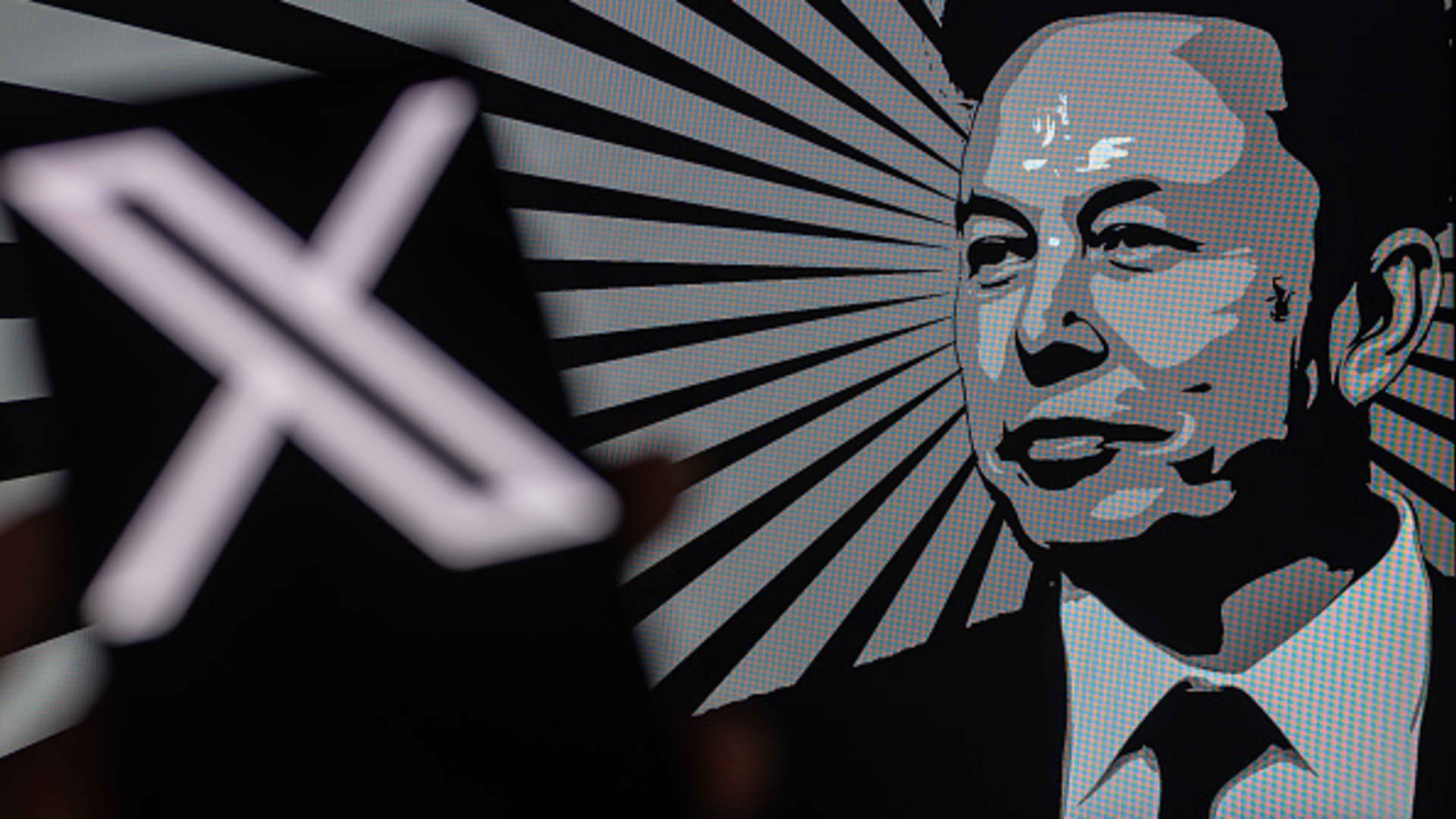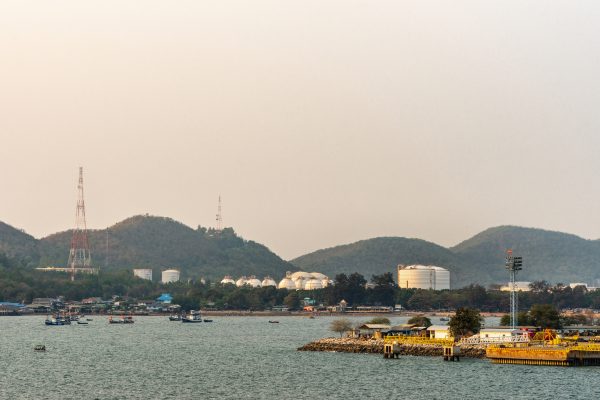India’s Regulatory Move Against Deepfake Content and Harmful AI Media
Background and Industry Consultations
India is taking decisive steps to address the rising concerns around deepfake content and harmful AI-generated media. Ashwini Vaishnaw, the country’s IT Minister, announced that after conducting meetings with major social media companies, industry body Nasscom, and academic experts, there is a unanimous consensus that regulations are imperative. The proliferation of deepfake videos on various social media platforms has prompted the Indian government to tackle the issue head-on.
Recognition of the Harmful Nature of Deepfakes
During the consultations, the Indian government conveyed its apprehensions about the adverse impact of deepfake content on society. Minister Vaishnaw emphasized that deepfakes are not protected under the umbrella of free speech. The participating companies acknowledged the severity of the issue and the potential harm it poses to society. This shared understanding led to a collective decision to initiate the drafting of regulations aimed at curbing the spread of deepfake videos and addressing the apps that facilitate their creation.
Need for Heavier Regulation and Accountability
The consensus among the stakeholders is rooted in the acknowledgment that deepfake content is not only a technological challenge but also a societal threat. Minister Vaishnaw stated that the draft regulations would be formulated with clear, actionable items within a span of 10 days. One of the key aspects of the regulations will be the imposition of monetary fines on entities that fail to comply with the stipulated guidelines. Additionally, there will be a focus on holding individuals accountable for creating and disseminating harmful deepfake content.
Concerns Raised by Prime Minister Narendra Modi
The urgency to address the deepfake issue was underscored by Prime Minister Narendra Modi, who expressed concerns about the rapid spread of deepfake videos. Minister Vaishnaw recounted a specific incident where a deepfake video portrayed a prominent Indian minister appealing to citizens to vote for the opposition party. This incident, among others, highlights the potential threat deepfakes pose to the democratic process and the need for prompt regulatory intervention.
Strengthening Reporting Mechanisms and Proactive Actions
The forthcoming regulations will not only target the punitive aspects but will also emphasize strengthening the reporting mechanisms for users encountering deepfake content. Minister Vaishnaw stressed the importance of proactive measures by social media companies, recognizing that the damage caused by deepfakes can be immediate. Timely actions, even hours after reporting, might not be sufficient, indicating the need for a more robust and rapid response to mitigate the impact of misinformation through AI-generated media.

As India navigates the complexities of regulating deepfake content, the approach appears to be comprehensive, addressing not only the technological challenges but also the societal and democratic implications associated with the misuse of AI-generated media. The government’s commitment to quick and decisive regulatory action reflects a recognition of the evolving threats posed by advanced technologies in the digital age.





















Discussion about this post